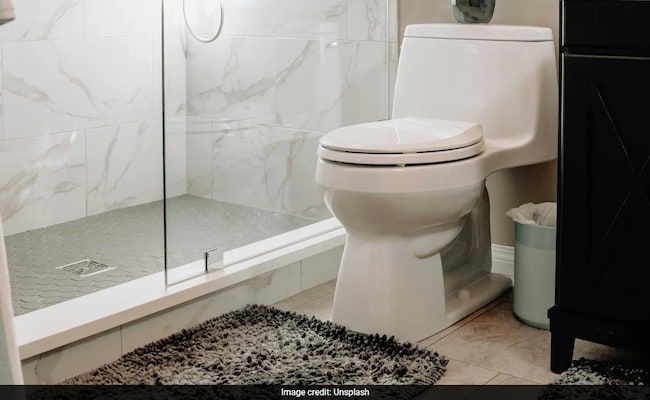Experts Warn Against Extended Bathroom Stays: The Hidden Dangers of Prolonged Toilet Time

A recent report by CNN has highlighted the risks associated with spending extended periods on the toilet. Colorectal surgeons and gastroenterologists warn that sitting on the toilet for too long can lead to serious health issues, including hemorrhoids, weakened pelvic muscles, and even colon cancer.
According to Dr. Lai Xue, a colorectal surgeon at the University of Texas Southwestern Medical Center, patients who spend too much time on the toilet often present with complaints related to prolonged bathroom visits. The seated position on the toilet puts the body at a disadvantage, as gravity increases the strain on the pelvic floor and can lead to conditions such as rectal prolapse.
"The seated position makes the body work harder to pump blood back to the heart," Dr. Xue explained. "Additionally, the oval-shaped seat keeps the rectum in a lower position than it would be on a regular chair, meaning gravity compounds the strain on the pelvic floor."
The American Gastroenterological Association (AGA) recommends spending no more than 10 minutes on the toilet to minimize the risk of developing hemorrhoids and other complications. Extended toilet time can also lead to straining, further aggravating the problem.
To avoid these risks, experts advise limiting bathroom time and removing distractions. Dr. Lance Uradomo, an interventional gastroenterologist at City of Hope Orange County, California, suggested keeping phones, books, and magazines out of the bathroom.
"You don't want to go with the mindset that you will be there for a long time," he said. "Make sitting on the toilet bowl as uninteresting as possible."
For those struggling with regular bowel movements, Dr. Xue recommended practicing gentle movement, proper hydration, and a high-fibre diet to promote regularity without strain.
In some cases, prolonged bathroom visits could signal underlying health issues, such as chronic constipation or irritable bowel syndrome (IBS) or Crohn's disease. If symptoms persist for over three weeks, it is essential to consult a healthcare provider.
A recent study by the Journal of Clinical Gastroenterology reported that patients with persistent constipation were more likely to develop colon cancer. The researchers emphasized the importance of staying hydrated and maintaining a high-fibre diet to prevent this potentially life-threatening condition.
In conclusion, experts warn against prolonged bathroom stays due to the hidden dangers associated with extended toilet time. By limiting bathroom time and removing distractions, individuals can minimize the risk of developing hemorrhoids, weakened pelvic muscles, and even colon cancer.
